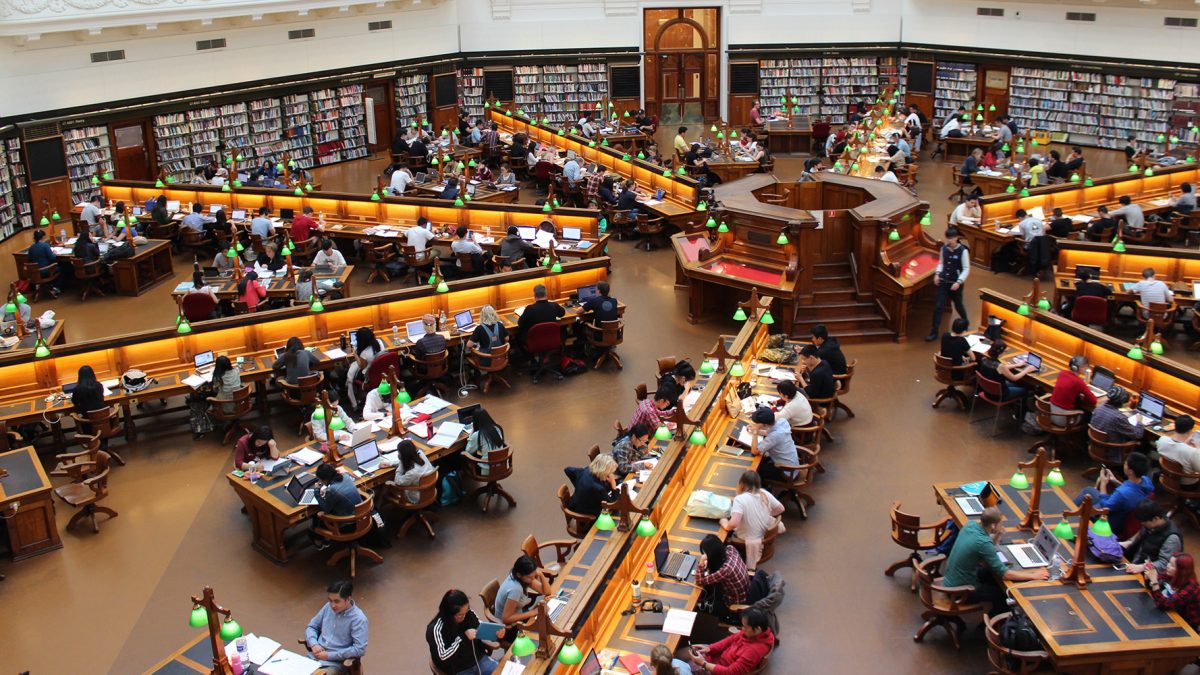
Stay Safe Online: Strategies for Managing Your Digital Privacy
March 15, 2023
The future of work: How automation and AI are changing the job market
April 5, 2023The Power of Education in Overcoming Racism and Discrimination
Education is often considered the key to unlocking a better future, but it can also play a significant role in combating racism and discrimination. By teaching young people about the importance of diversity and inclusivity, educators can help break down barriers and create a more equitable society. In this vlog post, we will explore the role of education in combating racism and discrimination, as well as provide some strategies that educators can use to promote inclusivity in their classrooms.
Racism and discrimination can stem from a variety of factors, including cultural, social, and economic influences. Stereotypes, prejudice, and bias can all contribute to the perpetuation of racism and discrimination, as can ignorance and lack of exposure to different cultures and perspectives. Historically, education has played a role in perpetuating these issues, often by promoting the perspectives of the dominant culture while ignoring or marginalizing other cultures.
The Role of Education in Combating Racism and Discrimination
Despite its potential to perpetuate racism and discrimination, education can also play a crucial role in combating these issues. By providing students with a well-rounded education that includes exposure to diverse cultures and perspectives, educators can help break down barriers and promote inclusivity. Here are some ways that education can help combat racism and discrimination:
- Cultural Competence: One of the key ways that education can combat racism and discrimination is by promoting cultural competence. This means providing students with a deep understanding of different cultures and helping them develop the skills they need to navigate and appreciate diversity. This includes teaching students about the contributions of different cultures to society, as well as helping them understand the historical context behind different cultural practices and beliefs.
- Inclusive Curriculum: Education can also combat racism and discrimination by ensuring that the curriculum is inclusive and representative of all students. This means including diverse perspectives in textbooks and classroom materials, as well as ensuring that students from all backgrounds feel included and valued.
- Safe Spaces: Creating safe spaces in schools where students can share their experiences and feelings without fear of judgment or discrimination is also an important way that education can combat racism and discrimination. This can include support groups for marginalized students, as well as opportunities for open dialogue and discussion.
- Anti-Racism Education: Finally, education can combat racism and discrimination by actively promoting anti-racism education. This means teaching students about the history and impact of racism and discrimination, as well as providing them with strategies for actively combating these issues in their daily lives.


Unfortunately, racism and discrimination still exist in many forms, and students may experience these issues in their daily lives. Here are some coping strategies that students can use to combat racism and discrimination:
- Seek Support: Students who experience racism and discrimination may feel isolated or alone. Seeking support from trusted friends, family members, or mental health professionals can help them feel less alone and provide them with the support they need to cope.
- Educate Yourself: Educating yourself about different cultures and perspectives can help combat ignorance and promote inclusivity. This can include reading books, watching documentaries, or attending cultural events.
- Take Action: Students can also take action to combat racism and discrimination by speaking out against these issues when they encounter them, and actively working to promote inclusivity in their own lives.
Education can play a crucial role in combating racism and discrimination, by promoting cultural competence, ensuring an inclusive curriculum, creating safe spaces, and promoting anti-racism education. By teaching young people about the importance of diversity and inclusivity, educators can help break down barriers and create a more equitable society.





